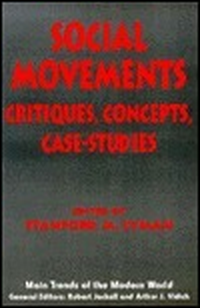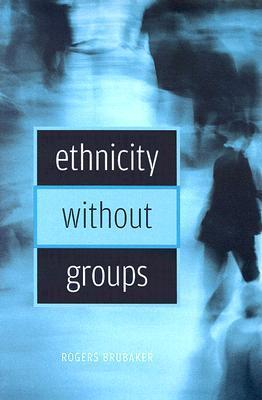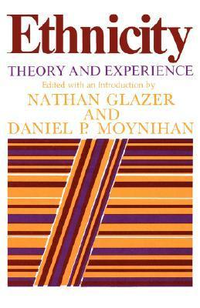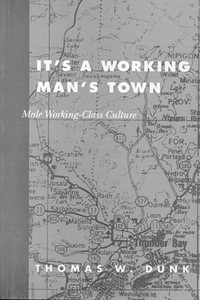Social Movements: Critiques, Concepts, Case Studies

Summary
Social movements have shown themselves to be one of the most dramatic and effective forms of political action. America, founded as the result of a challenge to one kind of political order, has been, in part, recreated as a result of movements of collective protest.
Social movements continue to arise in America, Europe, Asia, and Africa. In the present age, when such social movements abound, it is crucial to investigate the theoretical similarities and underpinnings of older and current collective protests. With chapters on AIDS, the Iranian revolution, the New Left, environmentalism, and many other subjects, as well as essays delineating classical and contemporary theories, Social Movements provides a well-rounded and provocative perspective on this most compelling form of political expression.
Similar Books
-
 Ethnicity without Groups
Ethnicity without Groupsby Rogers Brubaker
-
 CLASS, NATION AND IDENTITY
CLASS, NATION AND IDENTITYby Jeff Pratt
-
 Ethnicity: Theory and Experience
Ethnicity: Theory and Experienceby Nathan Glazer
-

-

-
 It's a Working Man's Town: Male Working-Class Culture
It's a Working Man's Town: Male Working-Class Cultureby Thomas W. Dunk
-
 RETHINKING LABOR HISTORY: ESSAYS ON DISCOURSE AND CLASS ANALYSIS
RETHINKING LABOR HISTORY: ESSAYS ON DISCOURSE AND CLASS ANALYSISby Lenard R. Berlanstein
-
 The Gay Republic: Sexuality, Citizenship And Subversion in France
The Gay Republic: Sexuality, Citizenship And Subversion in Franceby Enda McCaffrey
-
 Democratic Theorizing From The Margins
Democratic Theorizing From The Marginsby Marla Brettschneider
-
 Feminism and Black Activism in Contemporary America: An Ideological Assessment
Feminism and Black Activism in Contemporary America: An Ideological Assessmentby Irvin D. Solomon